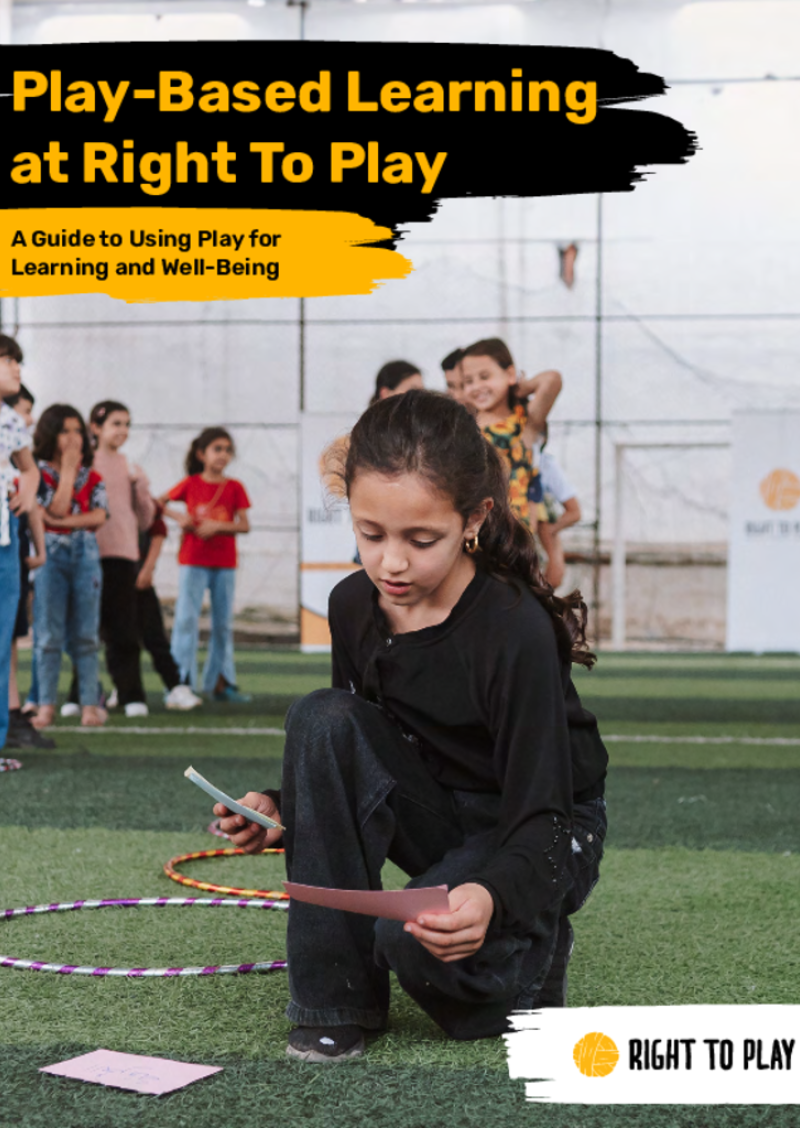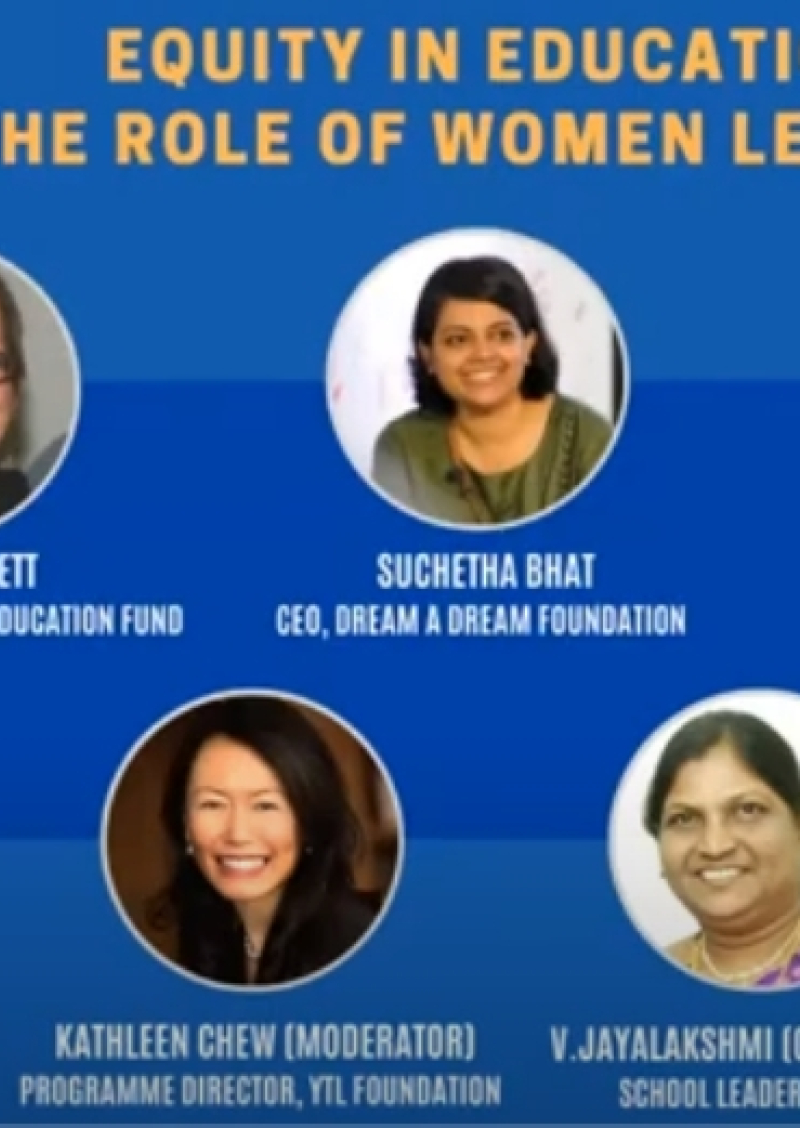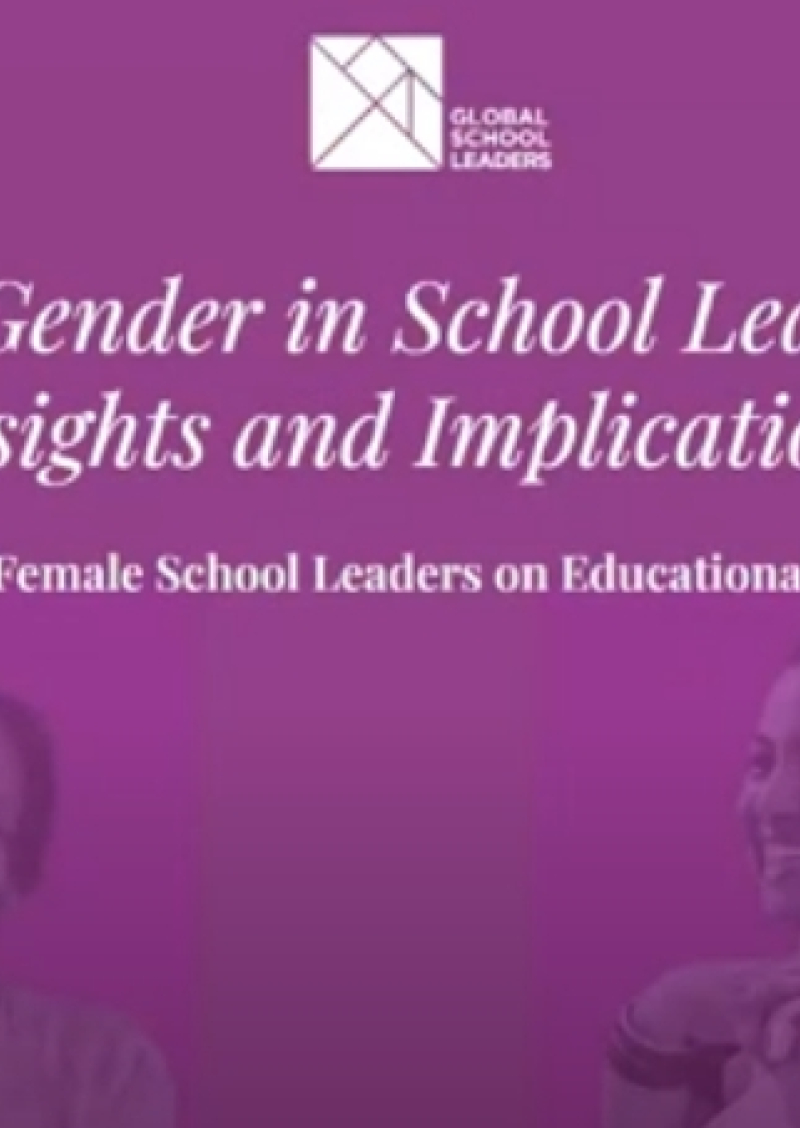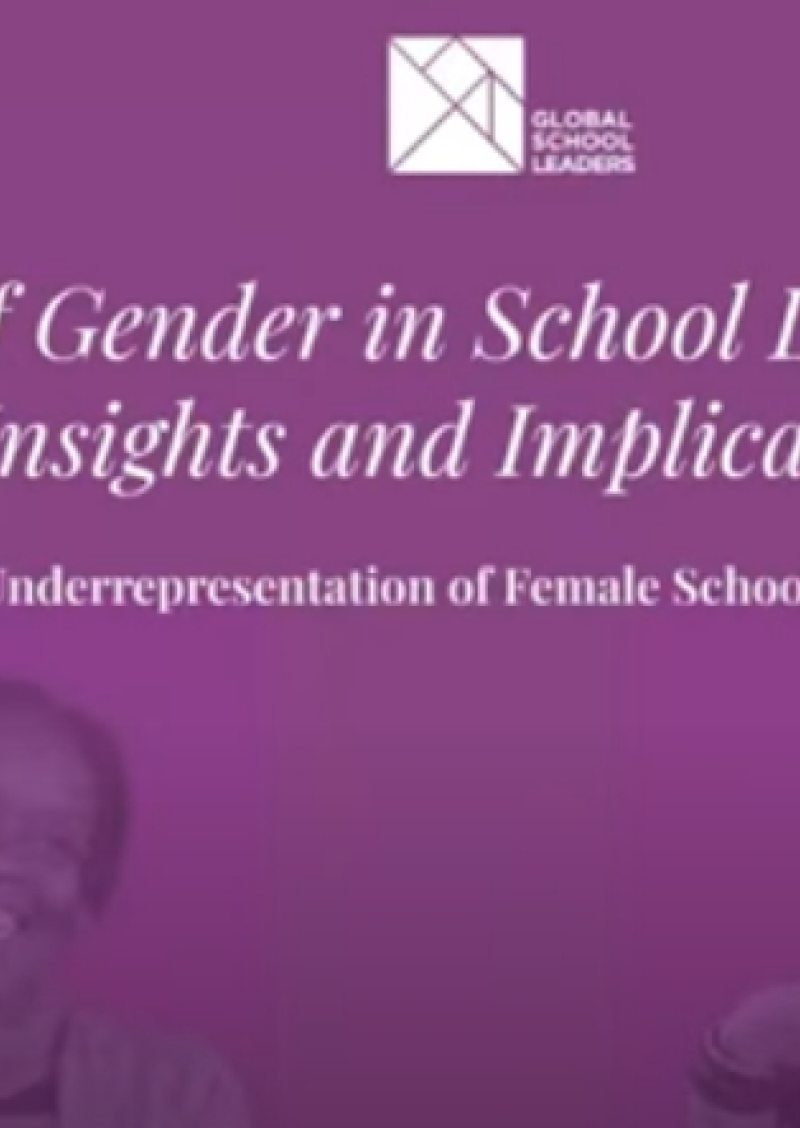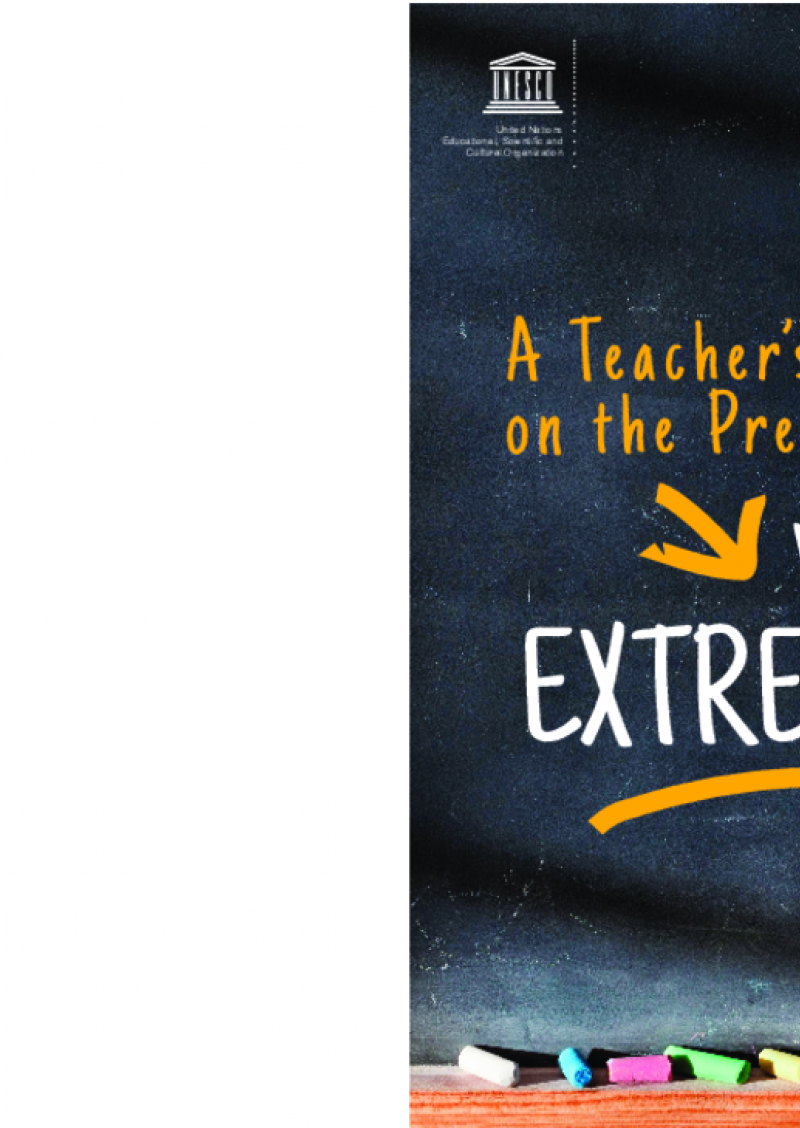Teacher Resource Centre
Displaying 1 - 9 of 9
A Guide to Using Play for Learning and Well-Being
Right To Play uses a variety of approaches to play to support children’s learning, development, and well-being, including sports, music, theatre, art, and play-based learning.
This document focuses on the play-based learning methodology and approach, and how it can be used for learning and development goals related to Right To Play’s core programmatic areas: early childhood care and education, primary education, gender equality and girls’ well-being, and psycho-social support.
Equity in Education: The Role of Women Leaders
Global School Leadership Webinar featuring Kathy Bartlett, Suchetha Bhat, Olanrewaju Oniyitan, Kathleen Chew, and V. Jayalakshmi on the topic of Equity in Education: The Role of Women Leaders.
Role of Gender in School Leadership PART II: Impact of Female School Leaders on Educational Outcomes
Drawing from the 2024 Evidence Review on gender in school leadership (available here), the two-part webinar series “Role of Gender in School Leadership" aims to offer deep insights into effective strategies for fostering gender equity in educational leadership. Watch this webinar as practitioners, researchers and policymakers from the global education space unpack the potential of improving female representation in school leadership to enhance educational outcomes and foster inclusive learning environments. In this webinar Aashti Zaidi Hai talks to Eline Versluys, Sister Zeph, Franco Mosso, and Veronica Cabezas.
Role of Gender in School Leadership PART I : Underrepresentation of Female School Leaders- PART I
Drawing from the 2024 Evidence Review on gender in school leadership (available here), the two-part webinar series “Role of Gender in School Leadership" aims to offer deep insights into effective strategies for fostering gender equity in educational leadership. Watch this webinar with professionals, researchers, and policymakers to deep dive into the underrepresentation of female school leaders and explore actionable strategies for overcoming systemic barriers hindering gender equity in school leadership roles, and discuss ways to dismantle them. In this webinar Sonakshi Sharma talks with Vongai Nyahunzvi, Gala Díaz Langou y Michael Boakye-Yiadom.
A teacher's guide on the prevention of violent extremism
This is UNESCO’s first teacher’s guide on the prevention of violent extremism through education. It was developed in order to ensure its relevance in different geographical and socio-cultural contexts. Therefore, it can be used as it is or further contextualized, adapted and translated in order to respond to the specific needs of learners.
The guide seeks to:
- provides practical advice on when and how to discuss the issue of
violent extremism and radicalization with learners;
- help teachers create a classroom climate that is inclusive and conducive
to respectful dialogue, open discussion and critical thinking.
Dear Kitty: worksheets for the film Where is Anne Frank?
These worksheets are to be used with the teacher's guide "Dear Kitty: teacher's guide for the film Where is Anne Frank?".
Dear Kitty: teacher's guide for the film Where is Anne Frank?
This guide provides teachers with the necessary tools to highlight historical and current themes from the animated film "Where is Anne Frank".
It includes a preparatory lesson, a lesson to discuss the film and four detailed thematic follow-up lessons. The film and the lessons are accompanied by extensive background information and ready-to-use worksheets with information, questions and assignments.
Recommendations for teaching and learning about the Holocaust
Benefiting from the expertise of delegates from more than 30 member countries, the IHRA Recommendations for Teaching and Learning about the Holocaust are intended to provide a basis for policymakers, practitioners, and educators that will help them:
1. Develop knowledge of the Holocaust, ensuring accuracy in individual understanding and knowledge and raising awareness about the possible consequences of antisemitism;
2. Create engaging teaching environments for learning about the Holocaust;
3. Promote critical and reflective thinking about the Holocaust including the ability to counter Holocaust denial and distortion;
4. Contribute to Human Rights and genocide prevention education
Teachers’ self-efficacy in preventing and intervening in school bullying: a systematic review
This article presents a systematic review of existing literature on the extent of teachers’ self-efficacy in managing bullying and its connection to the likelihood that teachers will intervene in bullying, to their intervention strategies, and the prevention measures they employ, as well as students’ bullying behavior and their experiences of victimization.
The study presents practical implications in relation to teacher initial education and professional development: teachers with higher self-efficacy tend to intervene more often in bullying situations, so it's important that teacher training programs are designed to support teacher's self-efficacy, through the use of appropriate methods, such as the use of role-play to practice specific professional behaviours.
